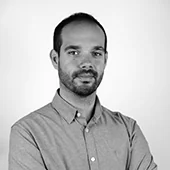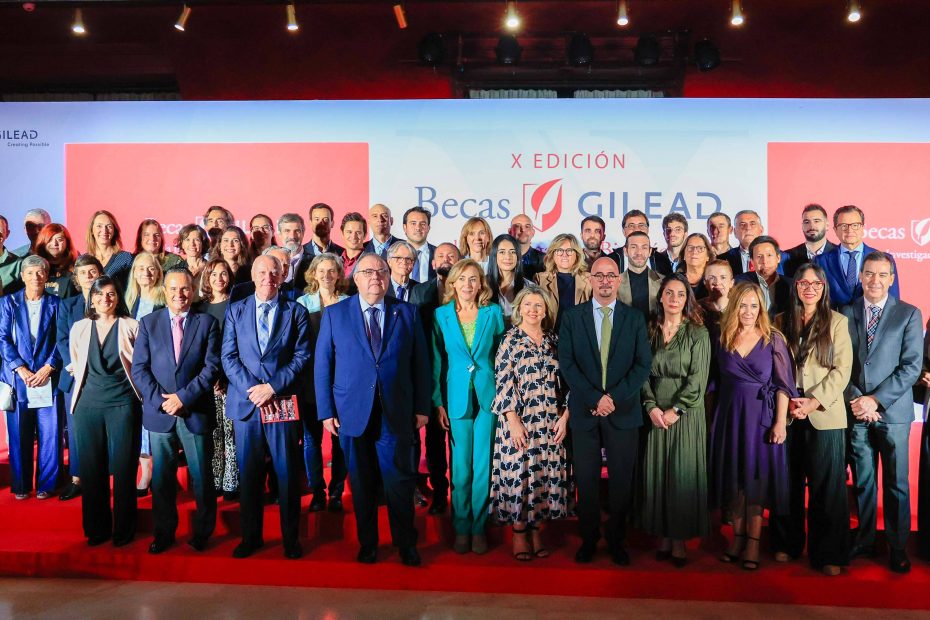
Wednesday, October 2, 2024, 09:26
“If I had received my diagnosis of metastatic cancer ten years ago before I received it, I would not be here now.” Pilar Fernández has been an oncology patient for 31 years and was diagnosed with metastatic cancer eight years ago. “You can overcome breast cancer and return to your normal life, but metastasis has no return,” he noted. She, along with other oncology patients, founded the Spanish Metastatic Breast Cancer Association in 2018. “I am the only survivor of all the founders,” she recalled.
She, along with Chiara Giorgetti and Olivia Jurado, formed this organization to help each other, share their experiences and give visibility to the needs of these women, which are very different from those diagnosed in the initial stages. «Research for us is synonymous with living. You live by and for the hospital that treats you or seeks your treatment,” he explained. “You have our lives in your hands,” he addressed a room full of biomedical researchers.
In front of her, dozens of chairs were occupied by researchers in neurosciences, specialists in infectious diseases or experts in medical oncology, among many other specialties. “They are not normal people, they are far above average,” explained Roger Paredes, head of the Infectious Diseases Service at the Germans Trias i Pujol Hospital (Barcelona). “Without their work, diseases would not be cured and life expectancy would be lower or, directly, we would not be able to be competitive in an increasingly global world,” warned José Luis Poveda, managing director of the Health Department of the La Fe University and Polytechnic Hospital. (Valencia).
Words that were collected first-hand by Dr. Bachiller from the Andalusian Public Foundation for the Management of Health Research in Seville, or by Dr. Genescà from the Vall D’Hebron University Hospital Research Institute, or by researcher Sainz from the Research Foundation Biomedical from the La Paz University Hospital, or Dr. Serrano from the Foundation for Biomedical Research of the Ramón y Cajal University Hospital. A representation of the 185 initiatives awarded grants by the pharmaceutical company Gilead in its ten editions of the Biomedical Research program.
«Without their work, diseases would not be cured and life expectancy would be lower or, directly, we would not be able to be competitive in an increasingly global world»
Jose Luis Poveda
Managing Director of the Health Department of the La Fe University and Polytechnic Hospital (Valencia)
They are some of the 19 funded projects that will receive part of the million euros distributed in this edition. Six have gone to proposals related to HIV, two for viral hepatitis, one for Covid-19, one for invasive fungal infection, two for B-lineage lymphomas and seven for medical oncology. The latter has been the category that has obtained the most scholarships. By autonomous communities, the institutions of the Community of Madrid, Catalonia, Castilla y León and Andalusia have taken over Gilead’s financing.
“You are a source of pride, your work is essential,” thanked María Río, general director of Gilead Spain. “They are brilliant people, but they need a favorable ecosystem to carry out their work,” Dr. Paredes from the Germans Trias i Pujol Hospital in Barcelona told this newspaper.
An ecosystem that in his opinion translates into time and money. “Three years ago we had the idea of a study that could not be financed,” he commented, “Now that same study is starting in the United States with almost 40 million dollars.” Dozens of studies, projects and investigations pass through the hands of this researcher. His work now focuses on leading pioneering research on the role of the gut microbiome in the pathogenesis of HIV infection and chronic inflammation. Additionally, he coordinates the €10 million EU project H2020 MISTRAL (GA-847943) and is co-principal investigator on 3 Canadian Institutes of Health Research grants aimed at unraveling the role of the human microbiome in HIV pathogenesis, transmission and associated cancers. «In Spain? In Spain we have raw materials,” he explained. “All those you see there – he pointed to more than a hundred researchers who are taking a family photo as Gilead scholarship recipients – are unusual people, they just need an ecosystem,” he repeated. “You can’t ask them to investigate and they have to do it in an afternoon, taking time away from their leisure,” he denounced. “Give it to them during their work day and they can develop it, we all have to collaborate,” he warned.
“We need the fruit of this research to reach everyone on time and be equitable because your future cannot depend on the zip code in which you live.”
Pilar Fernandez
President of the Spanish Association of Metastatic Breast Cancer
People do not understand, Paredes stressed, that without biomedicine we would not have treatment for tuberculosis or for something closer like covid. “These people need funding and to continue supporting them,” commented the president of the Spanish Metastatic Breast Cancer Association to the public authorities present at the 10th Edition of the Gilead Scholarships in Biomedical Research. “We need the fruit of this research to reach everyone on time and be equitable because your future cannot depend on the zip code in which you live.”
A goal that Gilead has worked on in the last decade. “Public-private collaboration is essential for research in this field,” said the general director of the pharmaceutical company. In the ten editions of the program, 149 scientists have received help from Gilead in the last decade, among them, several experts born after 1982. “We have to get the youngest people interested in Biomedicine,” Río pointed out.
Impulse materialized in 8.5 million euros distributed in proposals to end HIV, viral hepatitis, fungal infections or covid-19. Also to advance further in diseases related to hemato-oncology and medical oncology. “We are close to making cancer and metastasis chronic,” encouraged Pilar Fernández. “It only remains for it to be done from Spain and it will be done,” Paredes said.
